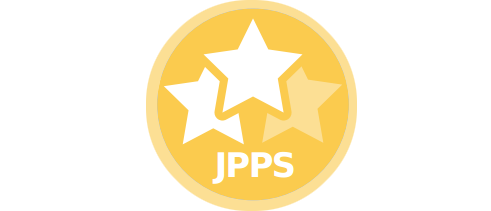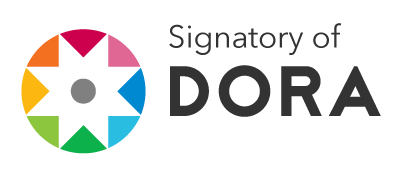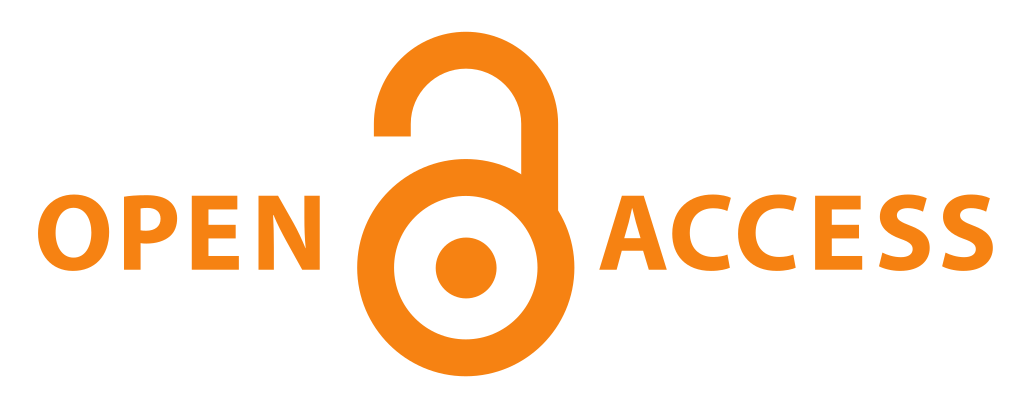Edgar Morín and Jacques Delors. Values around the Concept of Socio-Educational Coexistence. Possibilities for Coexistence and Good Living
Keywords:
socio-educational coexistence, universal values, citizenship education, mutual recognition, positive relationshipAbstract
Democratic and inclusive socio-educational coexistence constitutes a task widely recognized by global agendas that seek, through training for and throughout life, to strengthen the civic and axiological dimension of the individual, with the purpose of guaranteeing citizen development that assurances Good Living, dignified coexistence and the protection of human dignity. This research, as a result of a documentary review, aims to identify in the contributions of Edgar Morín and Jacques Delors the principles and values that substantiate human coexistence, as a universal aspiration of educational and political programs that entail a commitment to enhancing mutual understanding, intercultural reconciliation, positive relationships and respectful treatment between subjects with diverse belongings. The authors agree that socio-educational coexistence depends on the unification of wills around the common project of humanity: the transcendence of the human race regardless of social, cultural and ideological particularities. In conclusion, human coexistence depends on the praxis of critical tolerance and active citizenship as axes that support democratic procedure, respect for ideological pluralisms, for sociocultural diversity and particular worldviews.
References
Álvarez Nieto, M. G. (2016). El conocimiento del conocimiento: la obra de Edgar Morín y la problemática de la educación mexicana. Revista de Investigación Educativa, 7(13), 6-20. http://www.scielo.org.mx/scielo.php?script=sci_arttext&pid=S2448-85502016000200006&lng=es&nrm=iso
Barragán Machado, N., Evangelista Ávila, I. I. y Chaparro Medina, P. M. (2019). Una interpretación desde la perspectiva de hermenéutica analógica: la educación basada en la convivencia. Revista de Investigación Educativa de la Rediech, 10(18), 192-206. https://doi.org/10.33010/ie_rie_rediech.v10i18.519
Berroteran, N. (2018). El pensamiento de Morín en la educación básica. Scientiarum, 1(18), 671-683. https://investigacionuft.net.ve/revista/index.php/scientiarium/article/view/908
Carbajal Rodríguez, M. (2018). El pensamiento de Edgar Morín: cinco retos educativos para la educación superior. Didac, 71, 21-27. https://biblat.unam.mx/hevila/Didac/2018/no71/3.pdf
Chavero Tapia, R. M. de los A. (2020). Los cuatro pilares de la educación. Con-Ciencia Boletín Científico De La Escuela Preparatoria No. 3, 7(13), 11-15. https://repository.uaeh.edu.mx/revistas/index.php/prepa3/article/view/5172
Delors, J. (2000). La educación encierra un tesoro. Ediciones Santillana-UNESCO.
Guillén Celis, J. M. (2008). Estudio crítico de la obra “La educación encierra un tesoro”. Laurus, 14(26), 136-167. http://www.redalyc.org/articulo.oa?id=76111491007
Meza Aliaga, R. (2020). Los siete aspectos fundamentales para la educación del siglo XXI según Edgar Morín. Una mirada desde la complejidad y la teoría de sistemas. Revista Enfoques Educacionales, 17(1), 91-115. https://doi.org/10.5354/2735-7279.2020.60599
Morín, E. (1999). Los siete saberes necesarios para la educación del futuro. París: UNESCO.
Morín, E. (2011). La vía para el futuro de la humanidad. Paidós.
Morín, E. (2015). Enseñar a vivir. Manifiesto para cambiar la educación. Nueva Visión.
Morín, E., y Delgado, C. (2017). Reinventar la educación. Abrir caminos a la metamorfosis de la humanidad. Ediciones desde Abajo.
Morín, E y Viveret, P. (2011). ¿Cómo vivir en tiempos de crisis? Editorial Nueva Visión.
Núñez Michuy, C. M., Daza Vélez, M. M., Veloz Segura, V. T. y Zapata Gallegos, K. A. (2021). Aporte de los 7 saberes de Edgar Morín en la educación superior en el Ecuador. Dominio De Las Ciencias, 7(2), 319–332. https://doi.org/10.23857/dc.v7i2.1799
Rodrigues, Z. B. (2021). Educación: Un estudio basado en el informe de la UNESCO sobre los cuatro pilares del conocimiento. Revista Científica Multidisciplinar Núcleo Do Conhecimento, 53–60. https://doi.org/10.32749/nucleodoconhecimento.com.br/educacion-es/cuatro-pilares
Downloads
Published
How to Cite
Issue
Section
License
Copyright (c) 2023 Paradigma: Revista de Investigación Educativa

This work is licensed under a Creative Commons Attribution-NonCommercial-NoDerivatives 4.0 International License.








